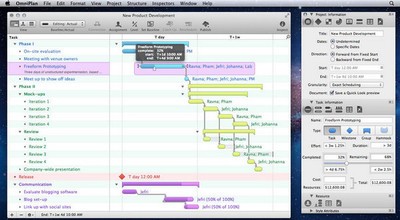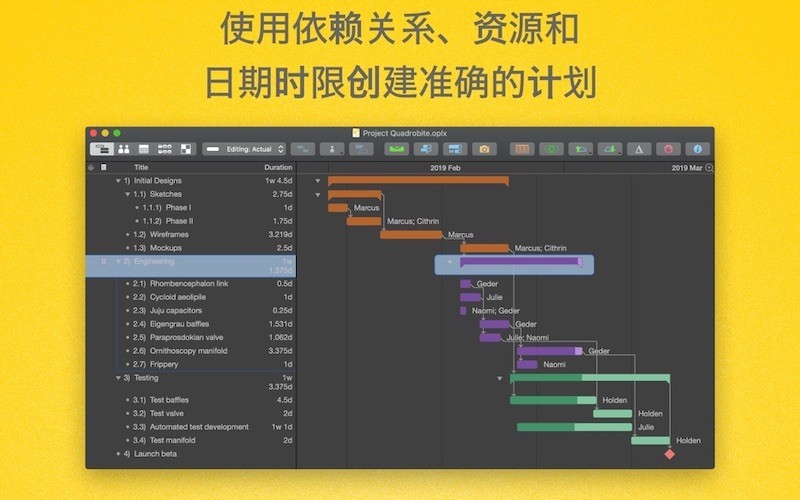Title: Teaching Plan for Knitting a Scarf
This teaching plan is designed to introduce students to the basic skills of knitting a scarf. It starts by providing an overview of the materials and tools needed, as well as the safety precautions to take while knitting. The plan then explains the basic knitting techniques, including casting on, knitting, and binding off. Students will learn how to create a simple scarf using these techniques, and they will also explore variations in color and pattern to personalize their scarves. The teaching plan concludes by discussing storage and care instructions for the finished scarves.
Objectives:
1、To teach students the basic skills of knitting a scarf.
2、To introduce them to the concept of using patterns and colors in knitting.
3、To teach them the importance of following instructions carefully.

Materials:
1、Knitting needles
2、Yarn
3、Scissors
4、Pattern or color scheme for the scarf
Procedure:
Step 1: Introduction to Knitting
The first step is to introduce the students to the basic concept of knitting. This can be done by showing them a few examples of scarves that have been knitted, and discussing their patterns, colors, and styles.

Step 2: Preparation of Materials
In this step, the students will need to prepare their materials for knitting. They should be given a pattern or color scheme for the scarf, and they should choose their yarn and knitting needles accordingly. It is important to ensure that the yarn is of good quality and that the needles are suitable for the type of scarf they are planning to make.
Step 3: Learning the Basic Knitting Techniques
The students will then need to learn the basic knitting techniques. They should be shown how to cast on, how to knit, and how to purl. It is important to ensure that they understand these techniques properly before they start on their scarves.
Step 4: Starting the Scarf
Once the students have mastered the basic knitting techniques, they can start on their scarves. They should be given clear instructions on how to start their scarves, including which stitch to use and how many rows to knit before increasing or decreasing the width of the scarf.
Step 5: Working on Patterns and Colors
Once the students have finished their first few rows of knitting, they can start to introduce patterns and colors into their scarves. They should be shown how to follow a pattern, and how to use different colors to create interesting effects. It is important to encourage them to be creative and experiment with different patterns and colors.

Step 6: Finishing the Scarf
Once the students have finished their scarves, they should be given instructions on how to finish them off. This includes casting off the yarn, weaving in any loose ends, and blocking the scarf if necessary. It is important to ensure that their scarves are finished off neatly so that they look their best.
Step 7: Evaluation and Feedback
The final step is to evaluate the students' work and provide feedback. They should be asked to show their scarves to the class, and discuss what they have learned from the process. The teacher should provide constructive criticism and discuss any areas where further improvement is needed. It is also a good idea to offer encouragement and praise for any good work that has been done.
Conclusion:
This teaching plan for knitting a scarf covers all the essential steps involved in teaching someone how to knit a scarf from start to finish. It emphasizes the importance of following instructions carefully, using good-quality materials, and being creative with patterns and colors. By following this plan, students should be able to produce a well-made scarf that they can be proud of.
Articles related to the knowledge points of this article:
Title: Unveiling the Elegance of Womens Ties: An In-Depth Exploration
Title: The Evolution of the Narrow-Collar Tie: A Cultural and Fashionable Journey
Title: Mastering the Art of Folding a Tie: A Comprehensive Guide
Title: Exploring the Intricacies of the Collar in Cufflinks



